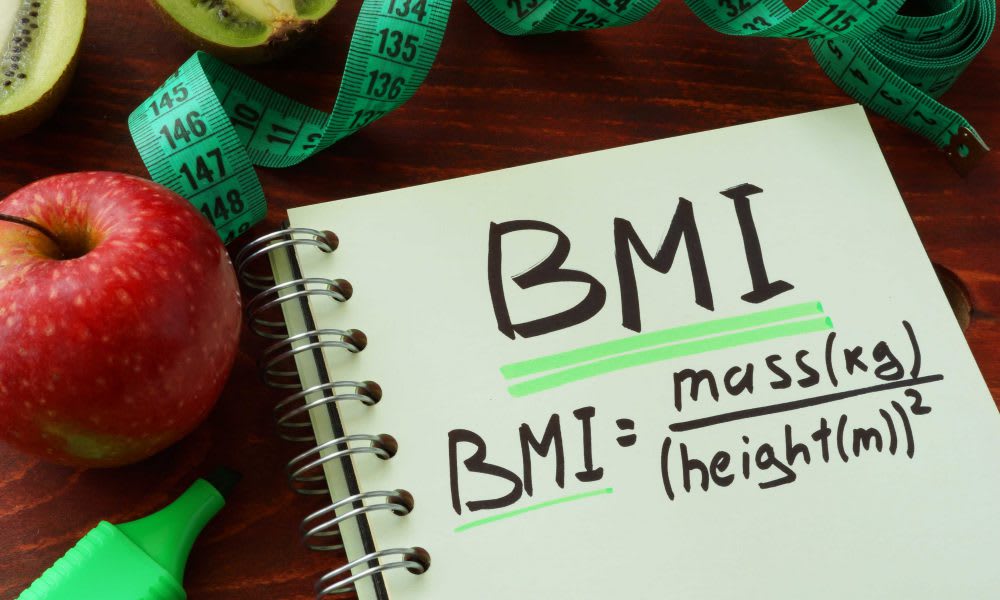Adults need around 2000 calories
This is a general rule only. The actual amount depends on whether you are a man or woman, your age, how mcuh exercise you do – and whether you want to lose, maintain or gain weight.
But. To maintain weight, men should eat about 2500 calories, and 2000 calories for women.
You need to eat under that if you want to lose weight. But that depends on your age and gender (see below).
Calorie requirement: how is this affected by age?
But calorie requirement is also affected by age:
- Men aged 18-30 years need 2,500-3,000 calories per day to maintain weight
- Men aged 31-59 years need about 2,500 calories
- Men over 60 years require 2,000-2500 calories.
These are equivalent numbers for women:
- Women aged 18-30 years need 2,000-2,500 calories to maintain weight
- Women aged 31-59 years need about 2,000 calories
- Women over 60 years require 1,500-2,000 calories.
So that answers the question ‘how many calories should I eat?’
What are calories?
A calorie is a unit of energy. Calories are a measure of how much energy food or drink contains.
To lose weight, you need to eat fewer calories than your body burns each day. Conversely, to gain weight, you need to consume more calories than you use.
The amount of energy you need will depend on:
- Your age and gender – for example, growing children and teenagers may need more energy
- Your lifestyle – for example, how active you are
- Your size – your height and weight can affect how quickly you use energy.
Other factors can also affect how much energy you burn
- Some hormones (chemicals produced by the body) – such as thyroid hormones
- Some medicines – such as glucocorticoids, a type of steroid used to treat inflammation
- Being unwell.
Maintaining a healthy weight
To find out if you are a healthy weight, use the BMI calculator.

Most people should have a BMI between 18.5 and 30. But BMI (calculated by dividing your weight (in kg) by your height (in metres, squared) does not factor in build. So there are stocky rugby players whose BMI is well over 30, and are not obese at all.
To maintain a healthy weight, you need to balance the amount of calories you consume through food and drink, with the amount of calories you burn through physical activity.
How to lose weight
To lose weight in a healthy way, you need to use more energy than you consume by eating a healthy, balanced diet with fewer calories while increasing your physical activity.
For most men, this means eating less than 2000 calories a day. For most women, it is less than 1500 calories a day. Or, when it comes to losing weight, a general rule of thumb is to consume 500 fewer calories than needed to maintain your present weight. This depends on your age and gender (see above).
If you like using a calorie counting method to lose weight, this is a good one: https://www.mynetdiary.com/
This is advice on and keep it off. If you have been severely obese for some time, and all diets have failed, you should consider asking your GP to refer you for bariatric surgery at your local hospital. You will be seen by a senior doctor (a consultant or their deputy called a registrar) or specialist nurse or dietitian.
How to gain weight
You should get advice from the GP if you’re underweight (your body mass index is less than 18.5). To gain weight, you need to eat more calories than your body uses each day.
Summary
We have explained that adults need to eat about 2000 calories a day; 2,000 calories for women, and 2,500 for men. To lose weight, almost all people will need to go under 2000 calories a day. Women may need to be under 1500 calories. It is as simple as that.

